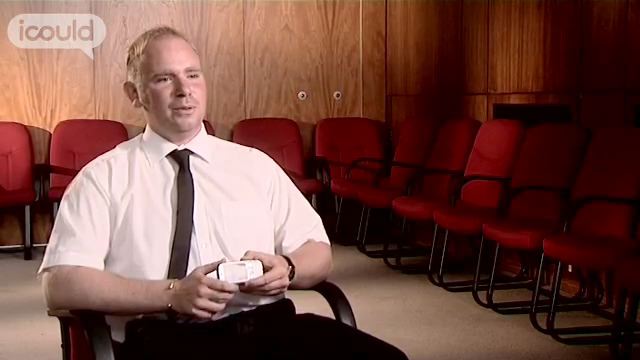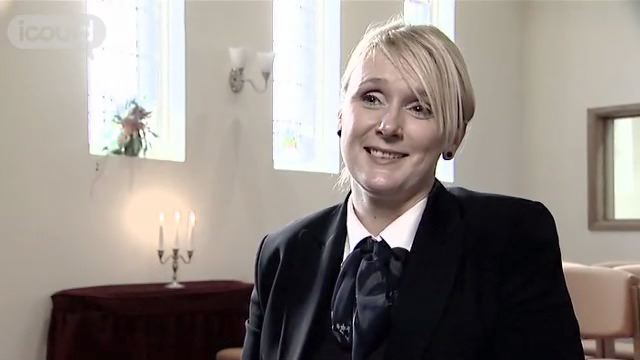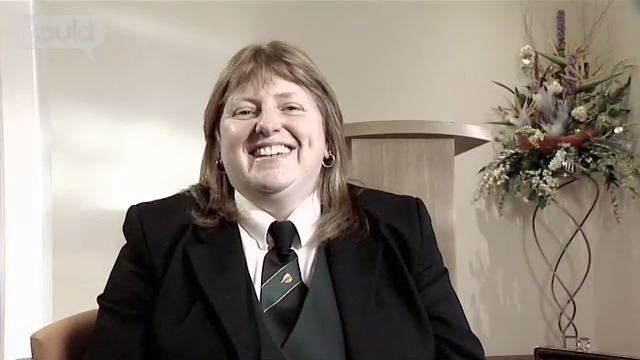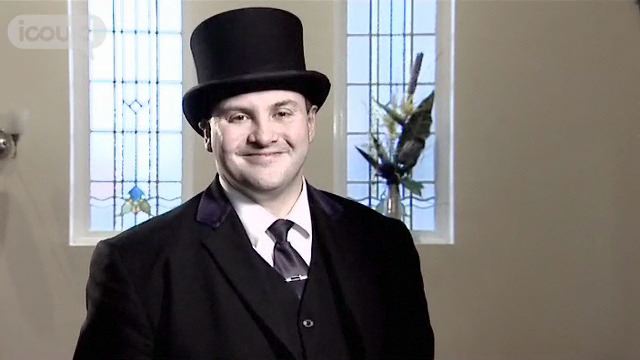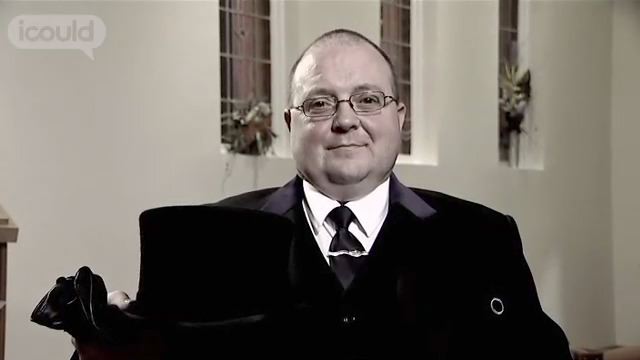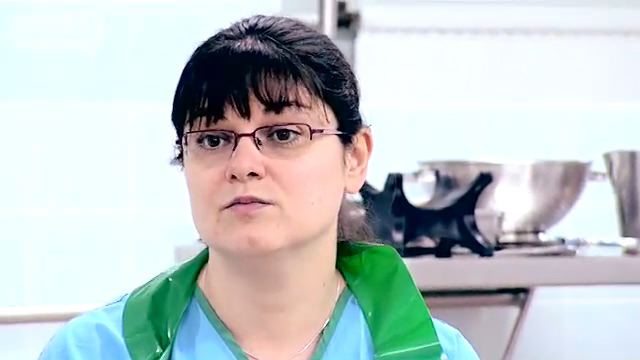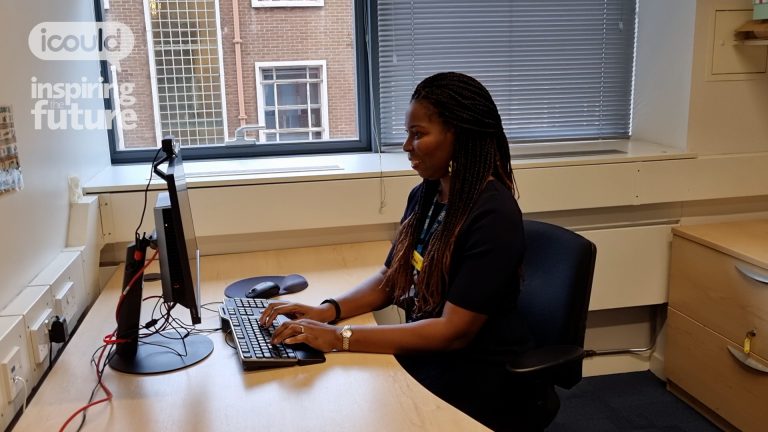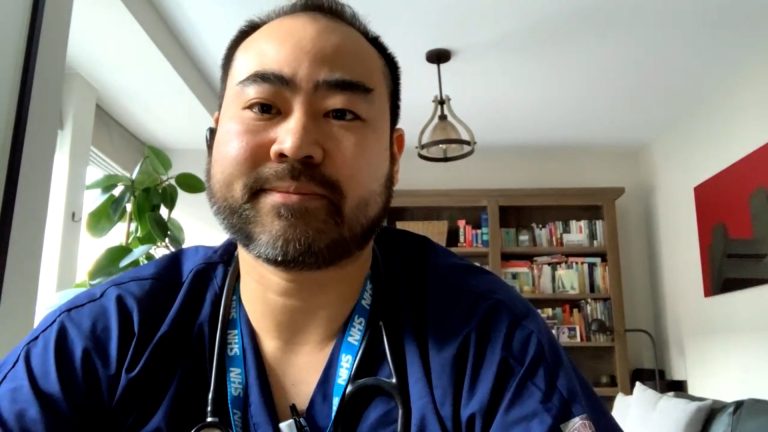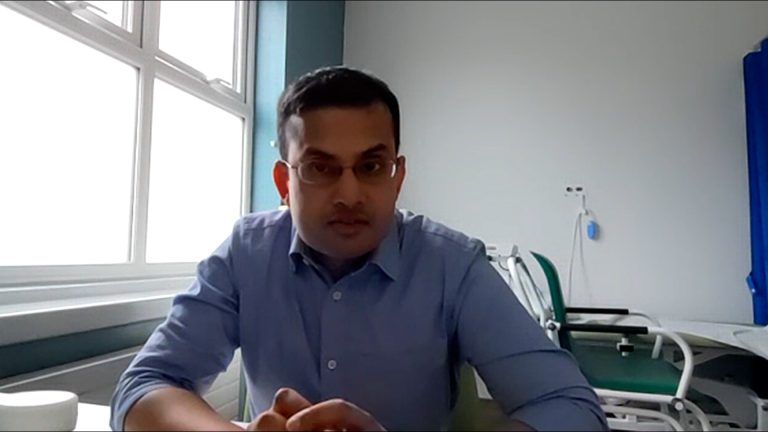Mortuary Services Manager
Addenbrookes Hospital
Nicola W
00:00:02 I’m Nicola W and I’m Mortuary Services Manager. On a day to day basis I manage the safe and efficient running of the mortuary. We undertake paediatric and adult post mortems within the department. It’s a technical job, I enjoy that element of the job. I also enjoy managing people, I enjoy troubleshooting issues and helping develop the people into the roles that they’re doing.
00:00:26 When I was younger I wanted to join the police force because I thought it would be an unusual job and each day would be different, and it would be a challenge, and it would be working with the public. When I was at school I was probably a little rebellious. But I think the main thing about my schooling was that I did what I enjoyed, and I enjoyed science. I went to University and did a degree in Biomedical Sciences. And initially I was just going to come out of University and work maybe in the labs for a year or so and get some work experience, but after doing the job for a year or so I discovered that I actually really quite enjoyed it. So I never then went back into the police force. I started in Histopathology in the laboratories, but the work was relatively routine and I kind of got into the mortuary, found it a lot more interesting, a lot more hands on. Each day is different, which I like that, I like the challenge of juggling lots of different things. I like to see progress in the department, I like to see things moving on and moving forward, and in a management role I’ve been able to do that.
00:01:26 (LAUGHS) I think there’s always an element of me that’s been slightly different to everybody else maybe. I was prepared to do the more unusual things in life rather than taking the normal path or route, so that’s maybe why I’ve ended up in an unusual career. I did used to be squeamish, so I couldn’t imagine that I would be working with like deceased patients, but I found the work absolutely fascinating. You either get sort of one response where people are like – oh right, that’s interesting. Or oh gosh, tell me more. So people are either desperately interested, or really don’t want to know what happens behind the scenes. I think my family are proud of what I do because it is an unusual job, and it can be challenging. And my friends are interested because, you know, it’s not a nine to five job, it’s not an office job, I’m not behind a desk all the time, so there are unusual things that happen within the department, so they find it absolutely fascinating.
00:02:23 Some of the work can be quite challenging because obviously some cases will upset you more than others, especially if it’s been a young life or a short life. But I think because we work so closely as a team that we support each other so much, that knowing that you’ve got that support once you come to work is helpful. Part of my job is to find out why people died, and that can help people to grieve for their loved one, if they’ve got reasons as to why they’ve died. I find that is, you know, a positive element into what I do.
00:02:55 ENDS
Nicola has never been afraid to be a little bit different. In her role as Mortuary Services Manager she investigates the cause of death in adults and children. Motivated by the support of a great team, a genuine interest in science and a desire to help people come to terms with the cause of death in their loved ones, she finds her role hugely rewarding.
